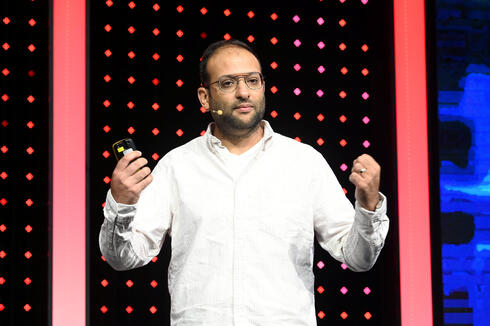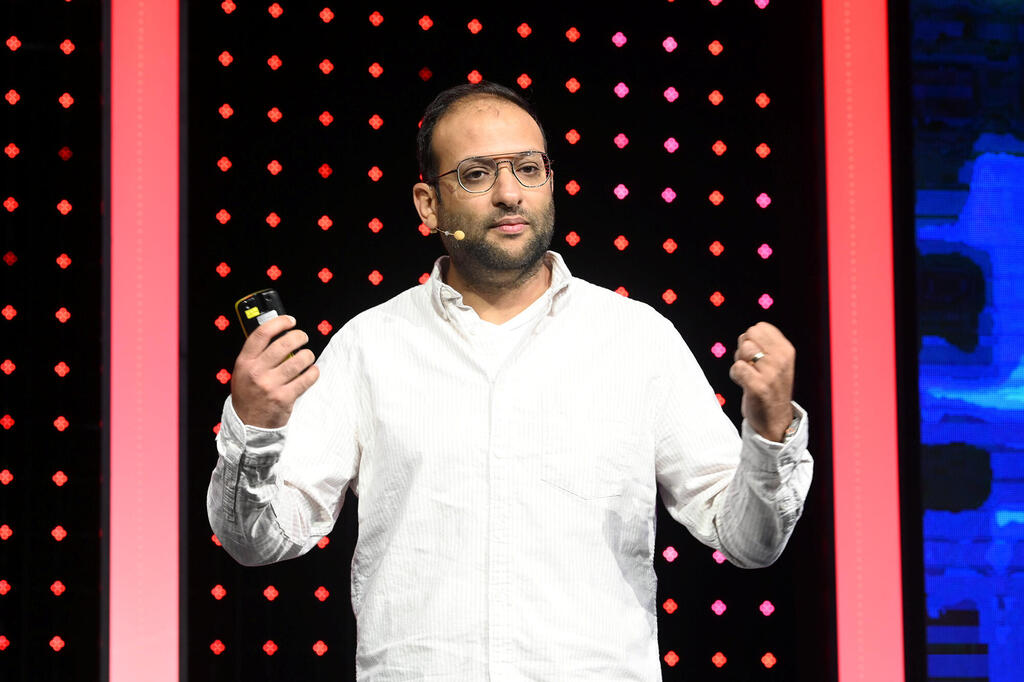
Tech TLV
"Drones are shaping the battlefield — but this is just the beginning"
Rubi Liani, co-founder and CTO of XTEND, a company developing autonomous machine systems for drones, added: "Our app store for robots will allow companies to build and deploy new functionalities, empowering drones to perform increasingly advanced tasks and transforming their role on the battlefield."
"This year we've seen how drones are shaping the battlefield — but this is just the beginning. In the future, they will take on a more prominent and diverse role in military operations," said Rubi Liani, CTO and co-founder of XTEND, at the Calcalist and Bank Leumi Tech TLV conference. XTEND specializes in developing autonomous machine systems for drones, aiming to transform how technology is deployed in conflict zones.
Liani emphasized the dramatic impact drones are having on modern warfare, particularly in reducing risks to soldiers and enhancing operational effectiveness. He explained that XTEND’s robotic operating system, XOS, simplifies drone operation by minimizing the cognitive load on operators. "Our system allows operators to focus on the mission rather than the complexities of piloting. This year, FPV drones played a significant role in war efforts, and our technology makes such drones more accessible and easier to use."
Liani highlighted the challenges of urban warfare, describing it as "a Sisyphean scenario" involving high-risk, close-quarters operations. "Drones solve these challenges by performing missions that keep soldiers out of harm's way. With XOS, operating drones becomes intuitive, reducing training time and operational complexity while enhancing mission success."
He also discussed scaling drone operations, allowing a single operator to control multiple drones. "For example, we developed a mission-oriented drone for border protection. It surveys, investigates, detects threats, and can even deploy an attack drone autonomously to complete the mission — all controlled by one operator."
However, Liani pointed out a gap in the robotics ecosystem: "Every robot has layers — a mechanical platform, computing, and an operating system. But there’s no equivalent of an app store for robots."
To address this, XTEND is leveraging artificial intelligence to expand drone capabilities through modular apps. "In our lab, we integrated apps into drones, much like on smartphones. For instance, we developed an app to identify and track people, or another that alerts operators to anomalies. Features like throw-to-launch control and advanced detection are also possible, thanks to our SDK."
Liani revealed an innovative use of generative AI: "We demonstrated how an app based on ChatGPT can operate a drone. This showcases how we’re enabling partners and developers to create apps that enhance our drones, making them smarter and more autonomous."
He concluded by outlining XTEND’s vision for the future. "Our app store for robots will allow companies to build and deploy new functionalities, empowering drones to perform increasingly advanced tasks and transforming their role on the battlefield."














